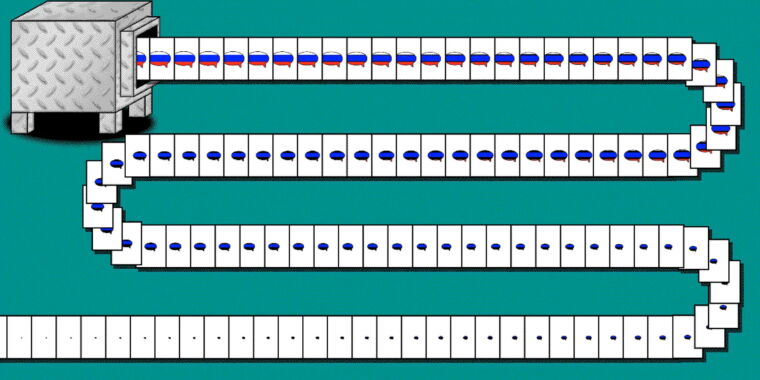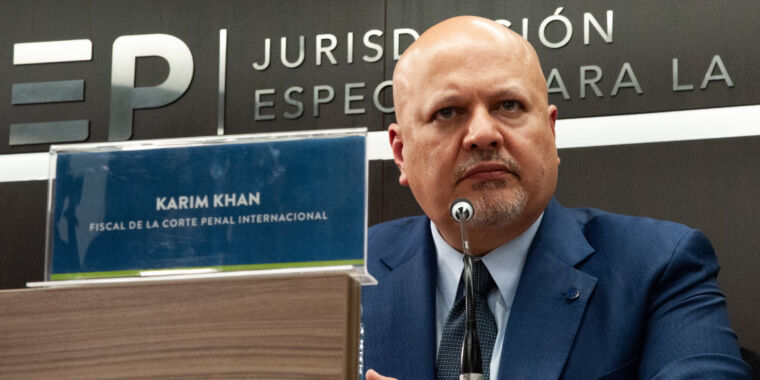

One interesting corollary to the bicameral mind theory is that our brains have multiple sentient centers to them- that in turn might explain that feeling of struggling with a decision and being able to see the same thing from more than one point of view. It also explains why different parts of the brain light up in different situations





This is where windfall taxes come back into basic utility. Also it becomes the basis for antitrust action on price collusion if all the sellers coordinate